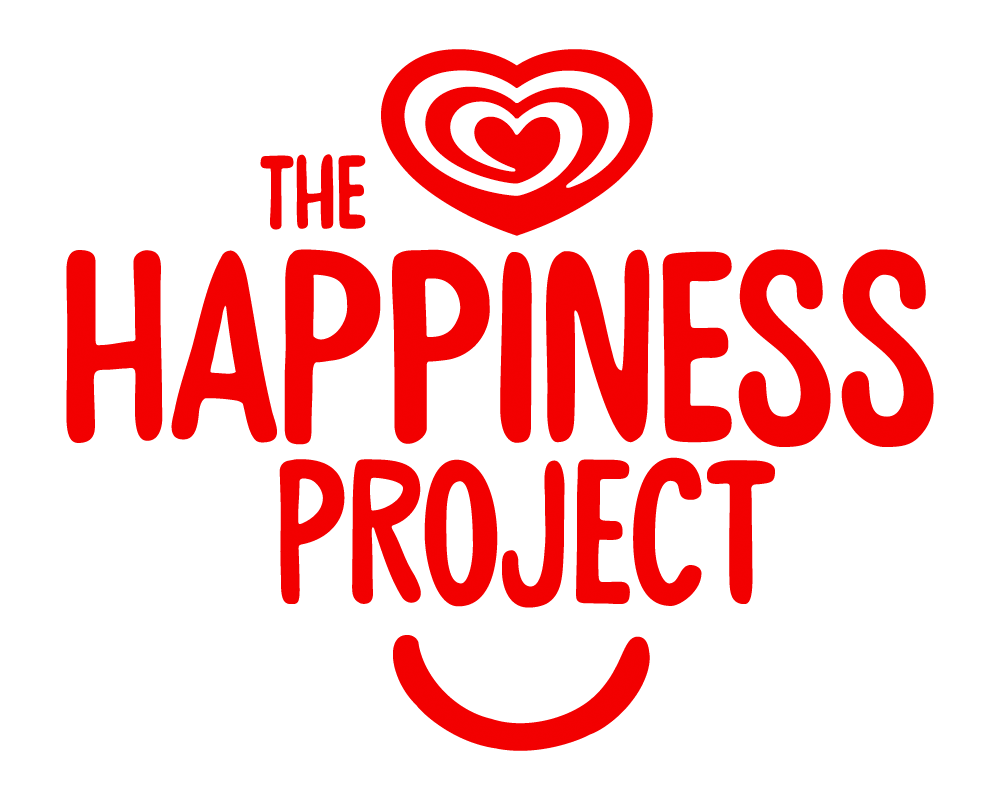Skip to:
Let's Make the World a Happier Place
We want to see a world in which children have the tools to live happier and more connected lives. We believe that this is something that all children should have the opportunity to learn and so we’re always on the look-out for partners or teachers who might want to use The Happiness Project in their classrooms. We’d love to hear from you so please feel free to send us a message!
FAQ
The Happiness Project tackles the challenges faced by children and young people globally around the rise in loneliness and youth mental health challenges. Although THP was designed for children aged 8-14 (grades 3-8), the learning activities can be used by younger children and up to the ages of 18.
Yes, but remember the programme focuses on building social connections and create a feeling of togetherness, so it is best delivered in a group settings. Our theory of change is built on the idea that if you empower children with the tools and daily habits to instil positive psychology then they can share this at home, at school and with their wider community.
THP was designed to be adaptable and modular in nature, so you do not need to teach all 5 activites, and in the given order. However, Inside Happiness is the foundational activity and should always act as the start point. As one teacher told us “We can’t expect children to start thinking about other people’s happiness, if they first haven’t had a chance to think about what happiness means to them first.”
The Happiness Project aims to nurture emotional intelligence and resilience in children. Through our series of activities and 5 ingredients to happiness, children learn to develop:
- Improved self and social awareness
- Improved peer-to-peer relationships
- Improved Teacher-student relationships
- Developed problem-solving skills
- Healthier lifestyles
Social and emotional learning (SEL) as an integral part of education and human development. It is the process through which children and young people acquire and apply the knowledge, skills, and attitudes to develop healthy identities and relationships, manage emotions and develop empathy.
